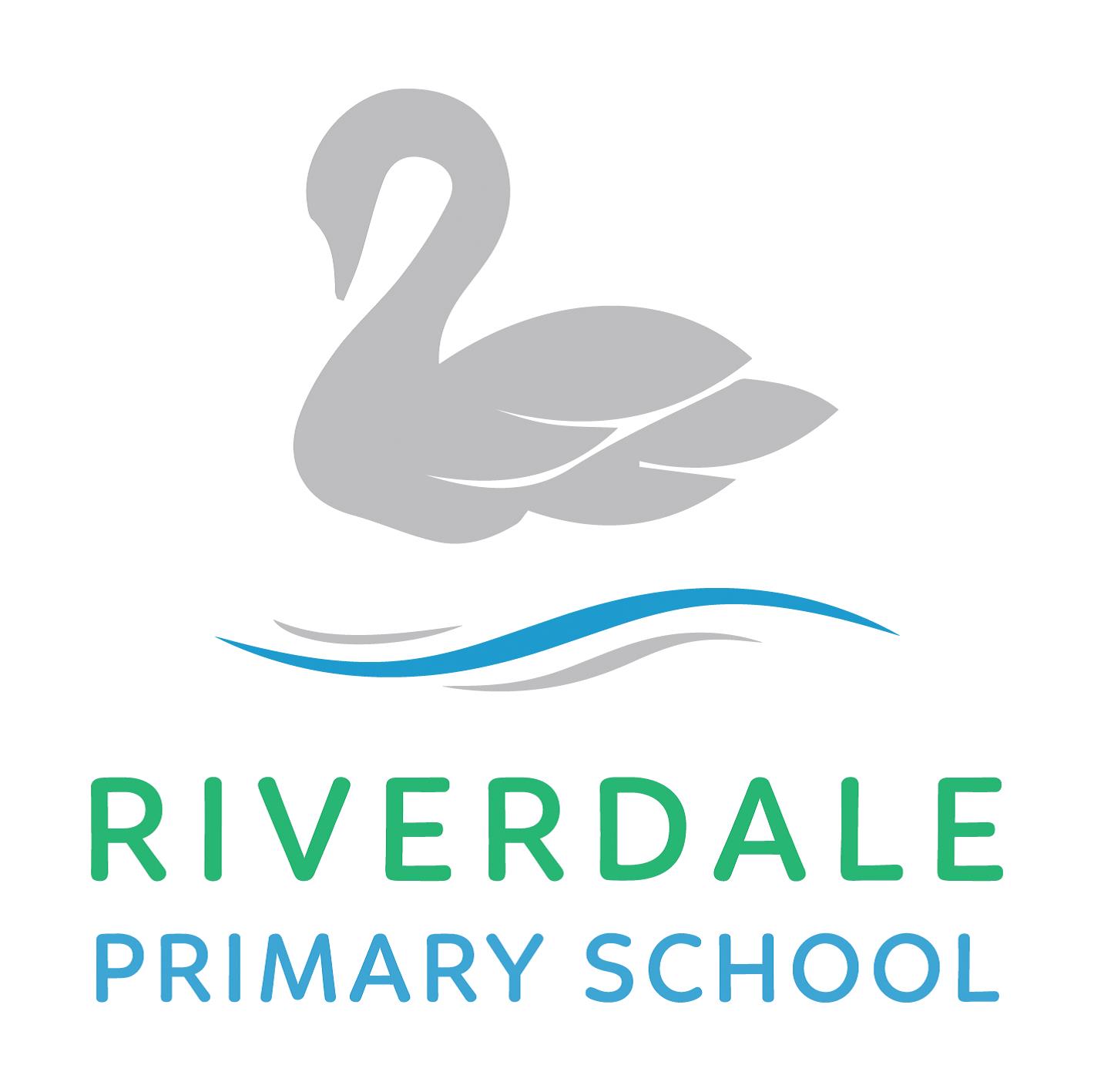Science
Through our teaching of Science, we aim to develop
- The ability to think independently and raise questions about working scientifically and the knowledge and skills that it brings.
- Confidence and competence in the full range of practical skills, taking the initiative in, for example, planning and carrying out scientific investigations.
- Excellent scientific knowledge and understanding which is demonstrated in written and verbal explanations, solving challenging problems and reporting scientific findings.
- High levels of originality, imagination or innovation in the application of skills.
- The ability to undertake practical work in a variety of contexts, including fieldwork.
- A passion for science and its application in past, present and future technologies.
We will do this by giving children the opportunity to develop their Science skills across the curriculum in the following ways.
Key Stage 1
Working scientifically
Across all year groups scientific knowledge and skills should be learned by working scientifically. (This is documented in the Essentials for progress section.)
Biology
Plants
- Identify, classify and describe their basic structure.
- Observe and describe growth and conditions for growth.
Habitats
- Look at the suitability of environments and at food chains. Animals and humans
- Identify, classify and observe.
- Look at growth, basic needs, exercise, food and hygiene.
All living things
- Investigate differences.
Chemistry
Materials
- Identify, name, describe, classify, compare properties and changes.
- Look at the practical uses of everyday materials.
Physics
- Look at light sources and reflections.
- Look at sources of sound.
- Electricity – Look at appliances and circuits.
- Forces – Describe basic movements.
- Earth and space – Observe seasonal changes.
Key Stage 2
Biology
- Look at the function of parts of flowering plants, requirements of growth, water transportation in plants, life cycles and seed dispersal. Evolution and inheritance
- Look at resemblance in offspring.
- Look at changes in animals over time.
- Look at adaptation to environments.
- Look at differences in offspring.
- Look at adaptation and evolution.
- Look at changes to the human skeleton over time. Animals and humans
- Look at nutrition, transportation of water and nutrients in the body, and the muscle and skeleton system of humans and animals.
- Look at the digestive system in humans.
- Look at teeth.
- Look at the human circulatory system. All living things
- Identify and name plants and animals
- Look at classification keys.
- Look at the life cycle of animals and plants.
- Look at classification of plants, animals and micro-organisms.
- Look at reproduction in plants and animals, and human growth and changes.
- Look at the effect of diet, exercise and drugs.
Chemistry
- Compare and group rocks and describe the formation of fossils. States of matter
- Look at solids, liquids and gases, changes of state, evaporation, condensation and the water cycle.
- Examine the properties of materials using various tests.
- Look at solubility and recovering dissolved substances.
- Separate mixtures.
- Examine changes to materials that create new materials that are usually not reversible.
Physics
- Light – Look at sources, seeing, reflections and shadows.
- Explain how light appears to travel in straight lines and how this affects seeing and shadows.
- Sound – Look at sources, vibration, volume and pitch.
- Electricity – Look at appliances, circuits, lamps, switches, insulators and conductors.
- Look at circuits, the effect of the voltage in cells and the resistance and conductivity of materials.
- Forces and magnets – Look at contact and distant forces, attraction and repulsion, comparing and grouping materials.
- Look at poles, attraction and repulsion.
- Look at the effect of gravity and drag forces.
- Look at transference of forces in gears, pulleys, levers and springs.
- Earth and space – Look at the movement of the Earth and the Moon
- Earth and space – Explain day and night
As children progress through school there are key milestones they are judged against and they are linked to age related expectations at these points in time. We have three key milestone points across the school. we aim for children to achieve. Milestone 1 is expected standard by the end of Year 2, Milestone 2 is the expected standard by the end of Year 4 and Milestone 3 is the expected standard by the end of Year6.
Please click on the link below for details of the learning milestones for science.




